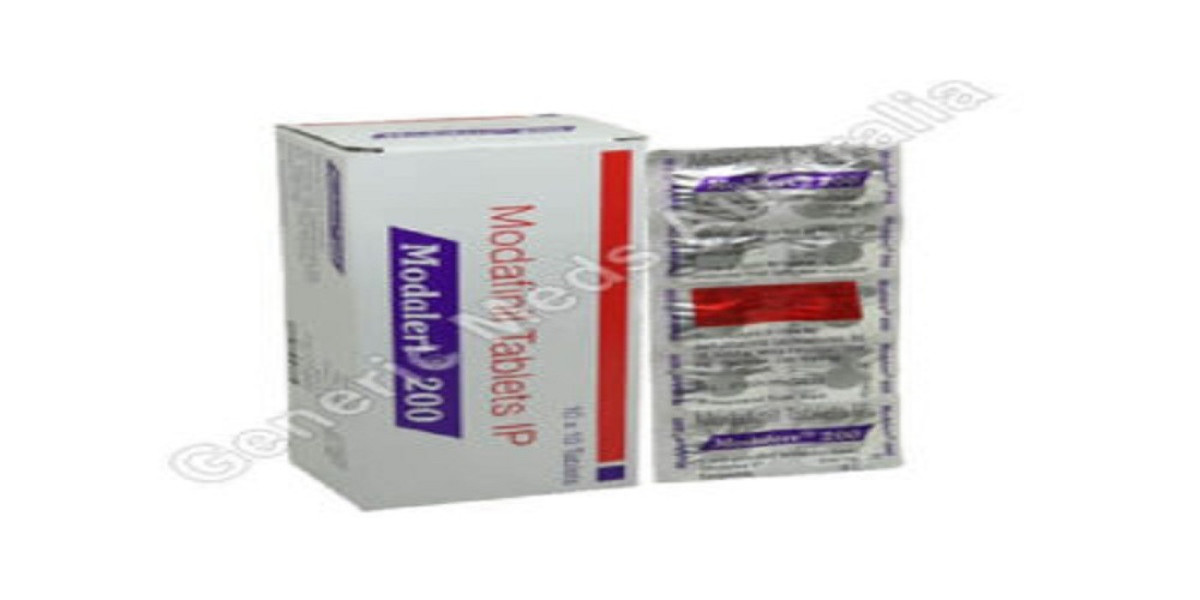Modafinil is a wakefulness drug with mood-brightening and memory-enhancing effects. It is also used to treat conditions like narcolepsy, shift work sleep disorder, and jet lag.
Misusing this medication can lead to serious side effects such as chest pain and hallucinations. It is important to follow your doctor’s instructions closely.
1. Headache
One of the most common side effects associated with Modafinil Tablet is headache. This is because the wakefulness-promoting drug can cause your body to produce excess fluid, which can lead to congestion in your brain. This can then trigger a headache.
You can also experience this side effect if you take too much Modafinil or if you take it too late in the day. The best way to avoid a Modafinil headache is to follow the instructions on your prescription label carefully.
If you have a history of mental illness, this medication may reactivate symptoms such as confusion and agitation. It is important to talk to your doctor about this risk before you start taking this drug. They may recommend that you receive additional monitoring while taking it.
2. Fatigue
As a wakefulness drug, modafinil has long been used to help people with narcolepsy or obstructive sleep apnea stay awake during the day. But its use has also grown among healthy individuals, who take it to boost productivity or mitigate fatigue. Online blogs abound with stories of unwavering focus and superhuman levels of concentration, and some studies suggest that modafinil has cognitive-enhancing properties.
But it is important to know that these drugs can reactivate mental health symptoms, especially depression, psychosis, and mania. So, if you have a history of mental health problems, talk to your doctor before starting this medication. They may be able to prescribe something safer. They might be able to recommend ways to cope with fatigue that don’t require a pill.
3. Nausea
Modafinil can cause gastrointestinal upset, including stomach pain and nausea. Your doctor may prescribe medication or recommend dietary changes to prevent this.
Unlike traditional stimulants, Modalert 200 mg does not raise heart rate or blood pressure, and there is little risk of abuse. It has been used off-label as a wake-promoting drug by students and others to extend the day, and it does have some stimulant-like effects on behavior, but it is not addictive and is unlikely to lead to substance use disorder.
The most serious side effect is chest pain or unusual excitement, which may be a sign of a heart attack. If you experience these symptoms, contact your doctor immediately. Modafinil can also reactivate mental health symptoms or cause confusion and hallucinations. If these occur, contact your doctor or pharmacist right away.
4. Dizziness
Modafinil is a wakefulness-promoting drug that improves performance during long periods of sleep deprivation. However, it can cause dizziness, so you should avoid driving and other activities that require alertness until you know how this medication affects you. Drinking alcohol can also make this effect more severe.
Other side effects may include a decrease in creativity or flexibility of thought, digestive discomfort, and menstrual changes (due to Modafinil’s impact on hormone regulation). Long-term use can also increase blood pressure in some people.
Tell your doctor if you have heart disease, high blood pressure, or history of psychiatric disorders such as depression, psychosis, and mania. This medicine can reactivate these conditions or cause new ones, including confusion and agitation. Seek emergency medical help if you have these symptoms.
5. Fatigue
Although modafinil is a less potent stimulant than many other prescription drugs, it can still cause fatigue. If you feel tired from working too much or from a health condition, try talking with your doctor about ways to make changes that will help you get enough sleep.
Eight RCTs investigated the effects of modafinil on fatigue associated with neurological disorders. Improvements were seen in the Fatigue Severity Scale (FSS) in two studies of PD and three on MS, but there was heterogeneity between trials. This might be explained by selection bias or the placebo effect of participating in a trial and taking a drug that improves the symptoms being studied. Future studies should investigate this issue by incorporating a placebo wash-in period. This will minimize selection bias.








